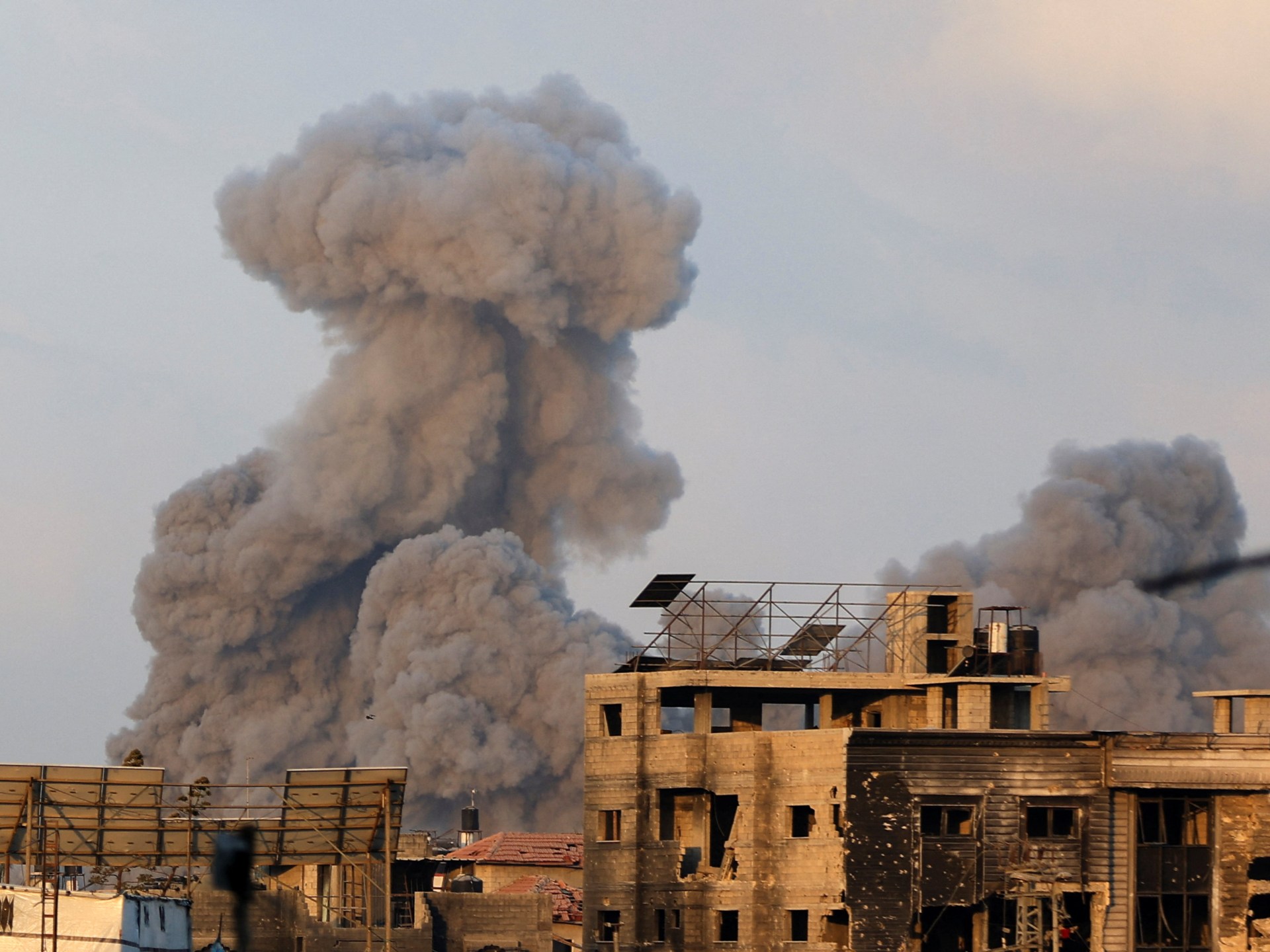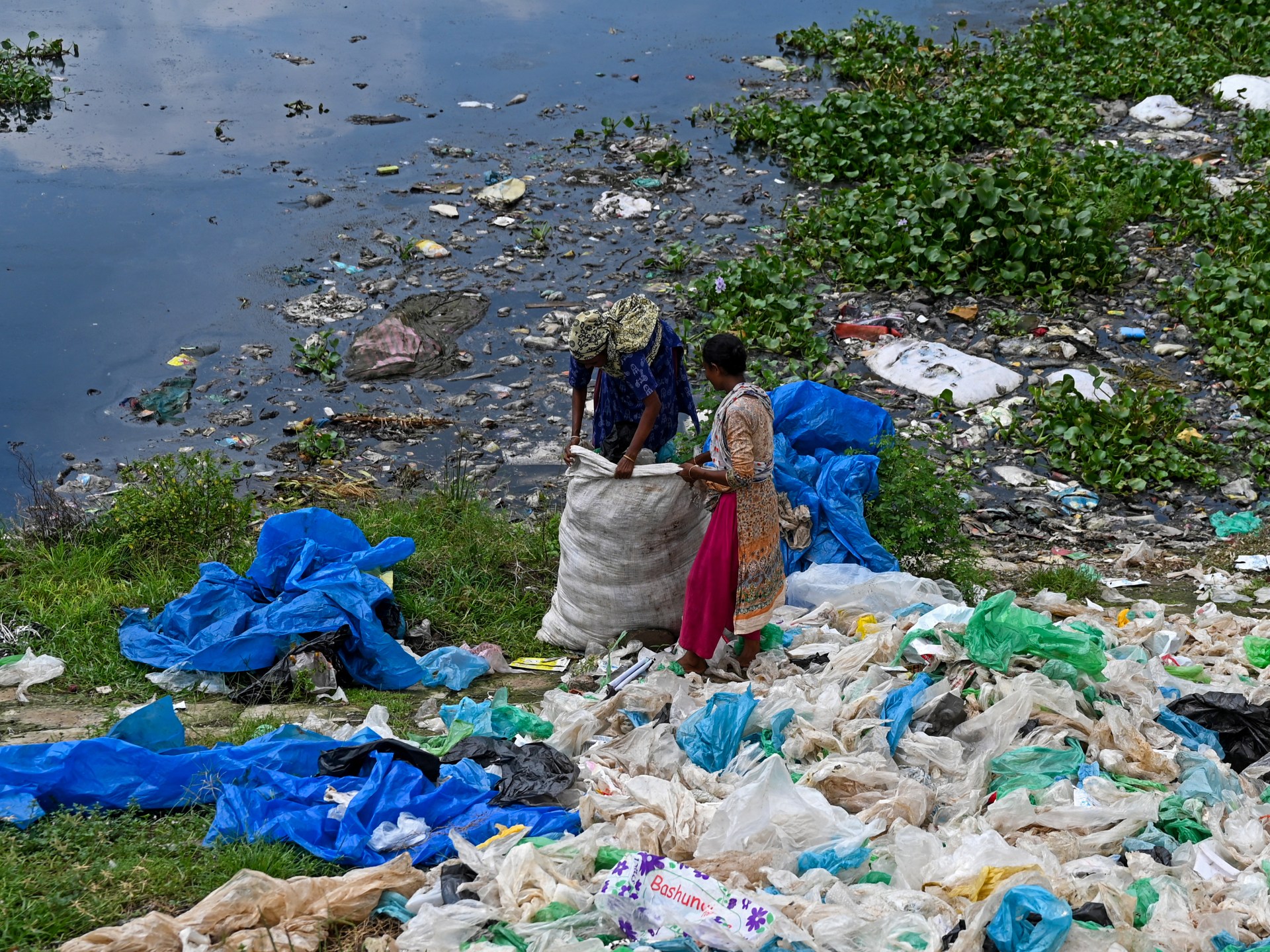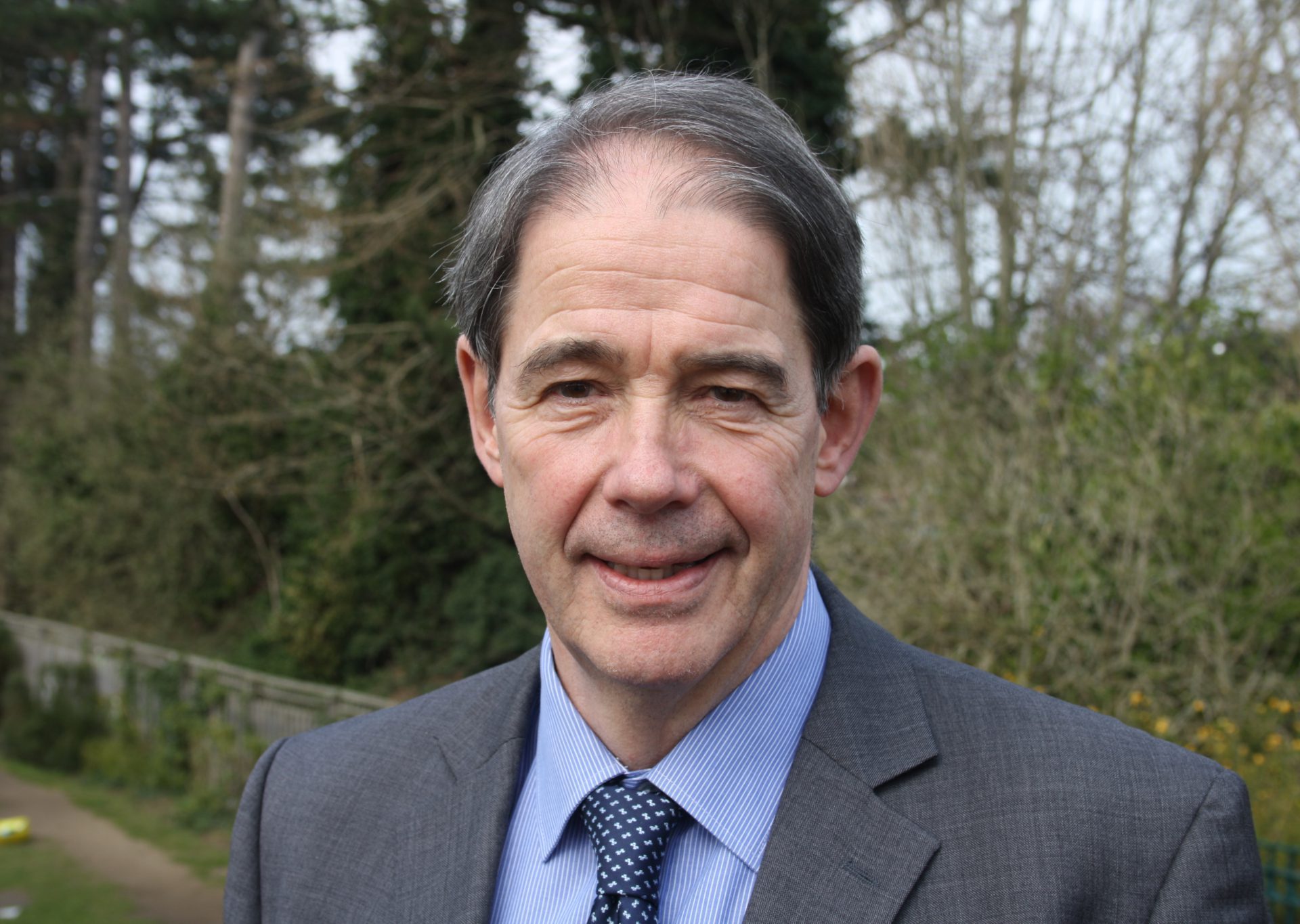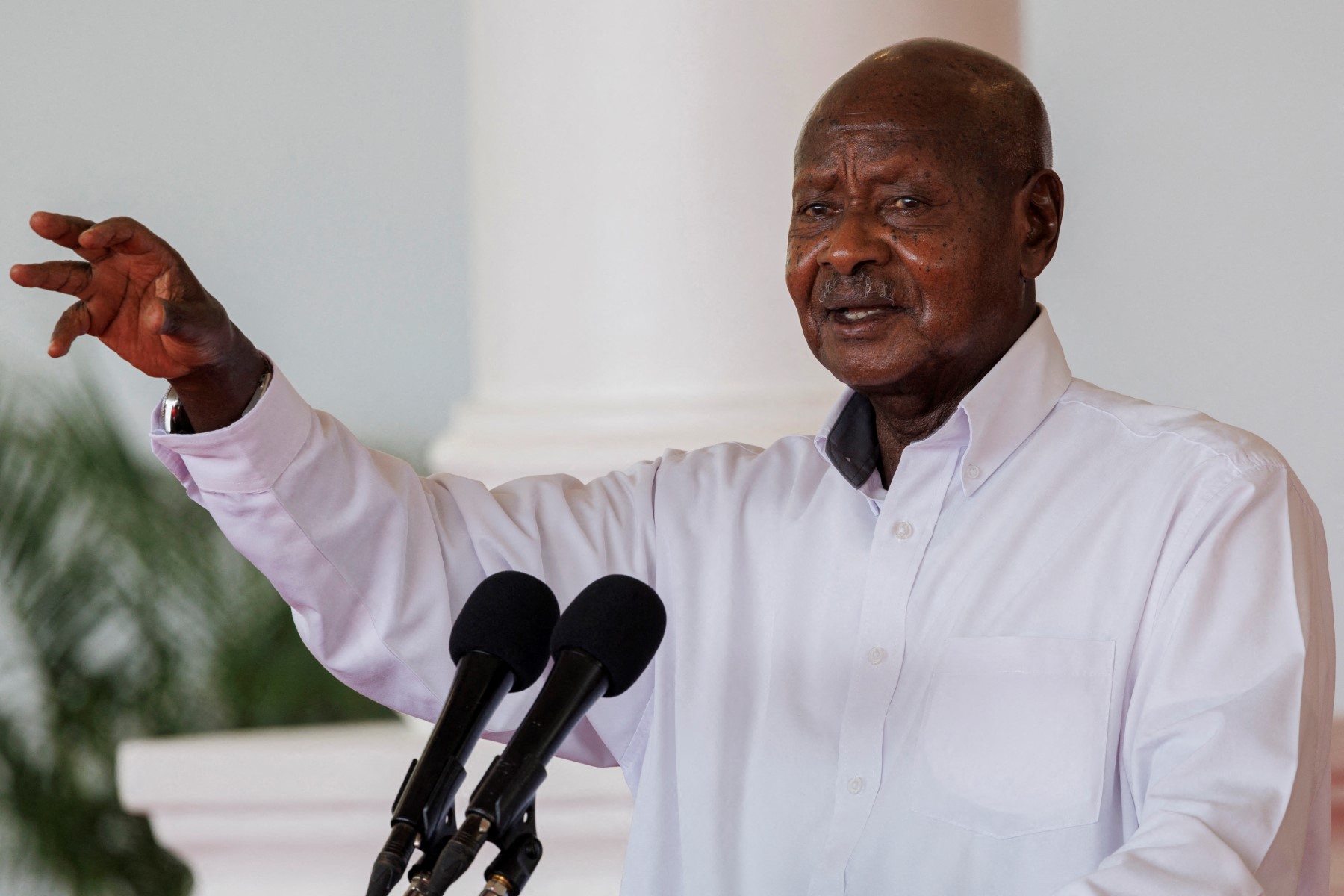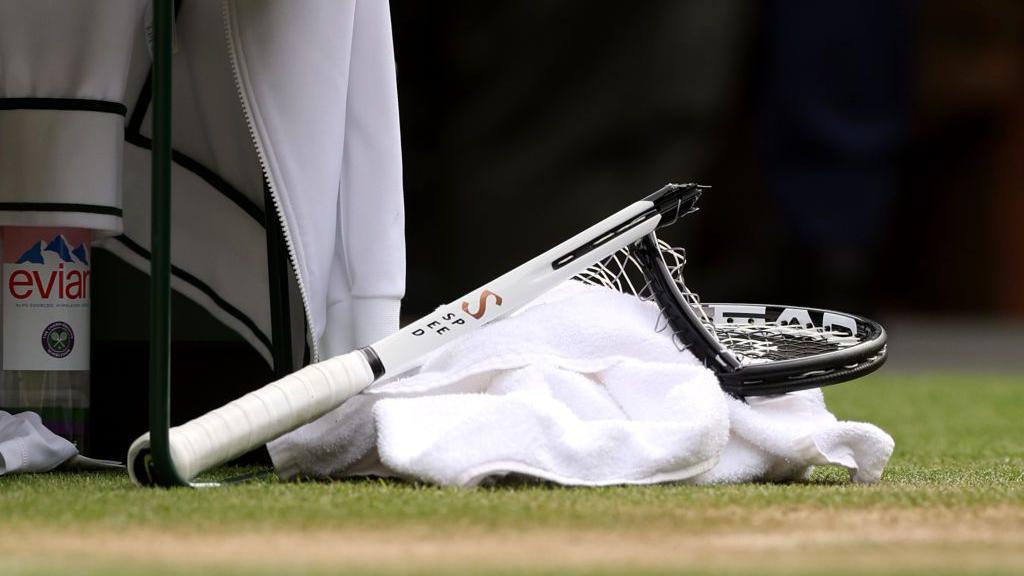As Israel’s military moves forward with the initial stage of an operation that could forcefully eject nearly one million Palestinians from Gaza City, it has increased its air strikes on densely populated areas.
Six people, including four children, were among the victims of the Israeli assault on Gaza City on Thursday, according to a source at the nearby al-Ahli Hospital, according to Al Jazeera.
The bodies of the dead and seriously hurt were scattered across the street amid flames and wreckage from one of the attacks east of Sheikh Radwan, according to footage from the scene.
According to hospital sources in Gaza, at least 40 Palestinians have been killed since dawn in Gaza City, with eight of them reportedly seeking medical attention.
Five Palestinians were among the injured when an Israeli drone strike northwest of Khan Younis and at least three were killed by Israeli forces close to a refugee camp north of Rafah, according to sources who spoke to Al Jazeera. Emergency sources told Al Jazeera that in the north of the enclave, four people died and ten others were hurt as a result of Israeli shelling of Jabalia al-Balad, and that five people, including two children, died while waiting for help near the so-called Netzarim axis, according to a source at Al-Awda Hospital.
In Gaza City, where Israeli troops are stationed on the outskirts, thousands of Palestinians fought back from their homes to stop the offensive from spreading quickly, as a result of heavy shelling in densely populated Sabra and Tuffah.
As long as this war continues, our survival is uncertain, according to Rabah Abu Elias, a 67-year-old father of seven, to the Reuters news agency.
They mention a potential truce in the news. Only explosions and deaths are visible on the ground. It’s not simple to decide whether to leave Gaza City.
Hani Mahmoud, a reporter for Al Jazeera from Gaza City, claimed that the Israeli military was “targeting densely populated neighbourhoods to depopulate them” in response to a report from the country.
He claimed that Israeli troops had previously used the same tactic in the Tuffah and Shujayea neighborhoods in eastern Gaza City and were now using it in the Zeitoun and Sabra districts in the city’s southeast.
Nowhere is safe.
Al Jazeera correspondent Tareq Abu Azzoum reported from Deir el-Balah in central Gaza, claiming that those who had fled the Israeli offensive on Gaza City had been repeatedly targeted in areas that had been supposedly safe by the Israeli military.
They believe they have been hunted without a place to hide, he said.
Abu Azzoum was close to the city’s al-Aqsa Hospital on Thursday when an Israeli bombardment struck a makeshift camp for Palestinian refugees in Deir el-Balah. The images he captured at the site of the attack revealed spooky scenes as huge smoke plumes erupt from the area.
He claimed that the Israeli military is already launching attacks in Gaza at 9am.
Despite widespread international condemnation, some domestic opposition, and warnings that the offensive will worsen the humanitarian crisis and force hundreds of thousands of people to concentration camps in southern Gaza, Israel’s military has announced it will call up 60 000 reservists as it continues to seize Gaza City.
Nearly one million Palestinians are reportedly in Gaza City, where Israeli tanks have been advancing this week closer to the city’s center.
According to Christian Cardon, the International Committee of the Red Cross’s chief spokesman, “the intensification of hostilities in Gaza means more killing, displacement, destruction, and panic.”
He claimed that Gaza is a closed space where no one can escape and where there are fewer opportunities for access to safe water, food, and healthcare. This is unacceptable.
At a Geneva briefing, UNRWA’s head, Philippe Lazzarini, reported that since March, child malnutrition in Gaza City has increased by sixfold.
He declared, “We have a population that is extremely underdeveloped and will be the subject of a new significant military operation.” Many people will not have the strength to go through a new displacement, according to the statement.
The territory’s Ministry of Health announced on Thursday that two more deaths were caused by malnutrition in the region over the past 24 hours, bringing the total number of famine and malnutrition victims during the war to 271, including 112 children.
According to the figures released to hospitals in Gaza, it claimed that a total of 70 people had been killed and 356 were hurt in the enclave during the same time, while further more victims were still buried beneath rubble.
Beginning of ethnic cleansing
Despite renewed efforts to end a ceasefire, including the most recent ceasefire proposal that Hamas has approved, Israeli Prime Minister Benjamin Netanyahu has continued to advance the Gaza City offensive.
According to Gideon Levy, a columnist for the Israeli newspaper Haaretz, the Israeli government has “no intention to put an end to the war.”
He claimed that there is no other way to explain it. Israel hasn’t even discussed it, according to the statement from Hamas.
So either they [Israel] want to put more pressure on Hamas, which is not entirely certain, or they’re really serious about regaining control of Gaza City, forcing everyone there, and offering them to leave the Gaza Strip.
He claimed that that was the start of an ethnic cleansing of Gaza.
Rory Challands of Al Jazeera claimed that Netanyahu had “demanded” the operation despite military opposition.
“His generals didn’t really want it,” he said. They retaliated, saying it was a military trap, that the military was worn out and unprepared for it after nearly two years of fighting. However, it was desired by Netanyahu.
He claimed that Israel had a chance of losing because the army was “not prepared for it,” the reservists wouldn’t show up, or would show up late, and it simply didn’t have the resources to carry out this operation.
